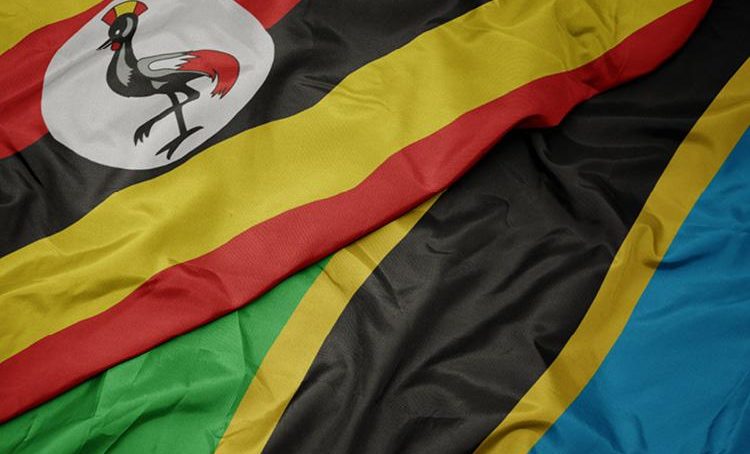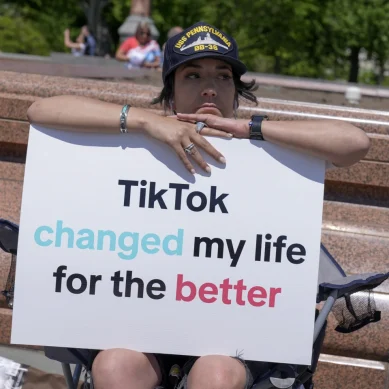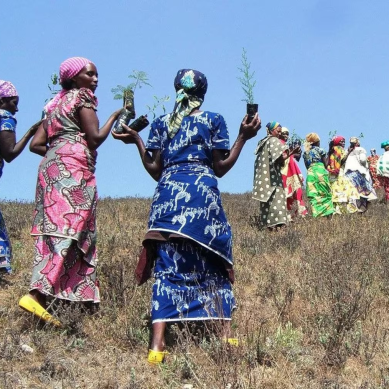
Facts and truth can be stubborn for those who believe foreign aid, begging and immigration to Europe should be the only way out for African youth.
Of course, these jobs won’t all last forever. Many of them will involve construction or related activities, and these will naturally come to an end once the construction projects are finished. While they exist, though, they will give tens of thousands of Africans the chance to earn larger salaries – and, potentially, gain more experience and obtain more training than they had before and start a sustainable business.
As such, they have the potential to improve tens of thousands of lives in Africa – not just by increasing wages, but by creating opportunities for local workers to pick up skills they can still use after the pipeline is finished.
So, it’s wrong for Greenpeace and the anti-African energy crowd to say these projects merely pay lip service to local communities. Officials in Uganda and Tanzania have worked hard to ensure that the EACOP project has a far-reaching and positive impact, and they have established new laws and policies to guard their citizens’ interests.
Finally, Greenpeace and the western anti-African energy crowd are wrong to describe EACOP as a “neo-colonial” endeavour. Come on this gives Chutzpah a new meaning.
Yes, there are foreign companies involved – Total, based in France, a former colonial power, and CNOOC, a company based in China, a rising power that stands ready to assist less-developed countries, provided that they agree to loan terms that are sometimes predatory.
And yes, the largest portion of the EACOP consortium has been assigned to Total, which holds a stake of 72 per cent. (CNOOC, meanwhile, has 8 per cent.) But these foreign companies aren’t working alone. EACOP will also include Uganda National Oil Co. (UNOC), with 15 per cent, and Tanzania Petroleum Development Corp. (TPDC), with 5 per cent.
Take a close look at those numbers Greenpeace. You’ll see that both transit states have an equity stake in the pipeline — and that one of them has a larger stake than Total’s Chinese partner. Let me also point out that even if Total does have the largest stake, it is also serving as operator of the project and will assume most of the risk.
As such, it stands to lose much more than UNOC, TPDC, or CNOOC if EACOP fails. That is how free markets works. You can’t love jobs and hate those who create jobs. Let’s face it, we in Africa need more free markets than communism. Free markets are still our best path to prosperity.
Tell me, how exactly is this a “neo-colonial” arrangement? Have Uganda and Tanzania really bowed under pressure from powerful external forces or have they spent years negotiating a deal with two foreign companies that agreed to their conditions?
And speaking of pressure from powerful external forces, is Greenpeace’s approach truly free of “neo-colonial” elements? I didn’t know Greenpeace was a Pan Africanist NGO. Is the NGO using its position as one of the world’s most well-known environmental groups to ensure that local environmental advocates have a bigger bully pulpit?
Is its opposition to EACOP rooted in the dreams and desires of ordinary Ugandans and Tanzanians, or is it trying to impose a solution from outside, on the basis of the global environmental movement’s pre-existing animus towards fossil fuels?
It’s wrong to use a historically and emotionally loaded word like “neo-colonialism” in this instance. It’s wrong to imply that Tanzania and Uganda have been coerced into working with foreign corporations, and it’s wrong to invoke colonialism in the hope of convincing Africans to listen to a different group of people who think they know best. Let Africans decide for themselves!
Listen, I don’t fault Greenpeace for the concerns it expresses about environmental risks.
The NGO is not wrong to point out that with pipelines, there will always be the danger of spills, leaks, and damage to surrounding ecosystems and habitats. I hope it continues to advocate fiercely for the African landscapes that Greenpeace mentions, such as the Murchison Falls National Park, which is the largest and oldest nature reserve in Uganda.
That advocacy is its mission – and frankly, the business community needs to listen to critics as well as cheerleaders so that it can learn, improve and give back to host communities. (Government officials must do the same so that they protect their constituents even as they guard revenue streams.)
But Greenpeace is wrong to argue that EACOP is not worth pursuing because it will overshadow renewable energy, because it will ignore the interests of the countries involved, or because it represents some type of neo-colonialism.
Instead, it’s overstepping – and in the process of doing so, it’s wasting time that could be spent looking for ways to balance environmental protection with other crucial considerations, such as job markets, entrepreneurship, energy poverty, and budget revenues.
- A Tell Opinion/NJ Ayuk











